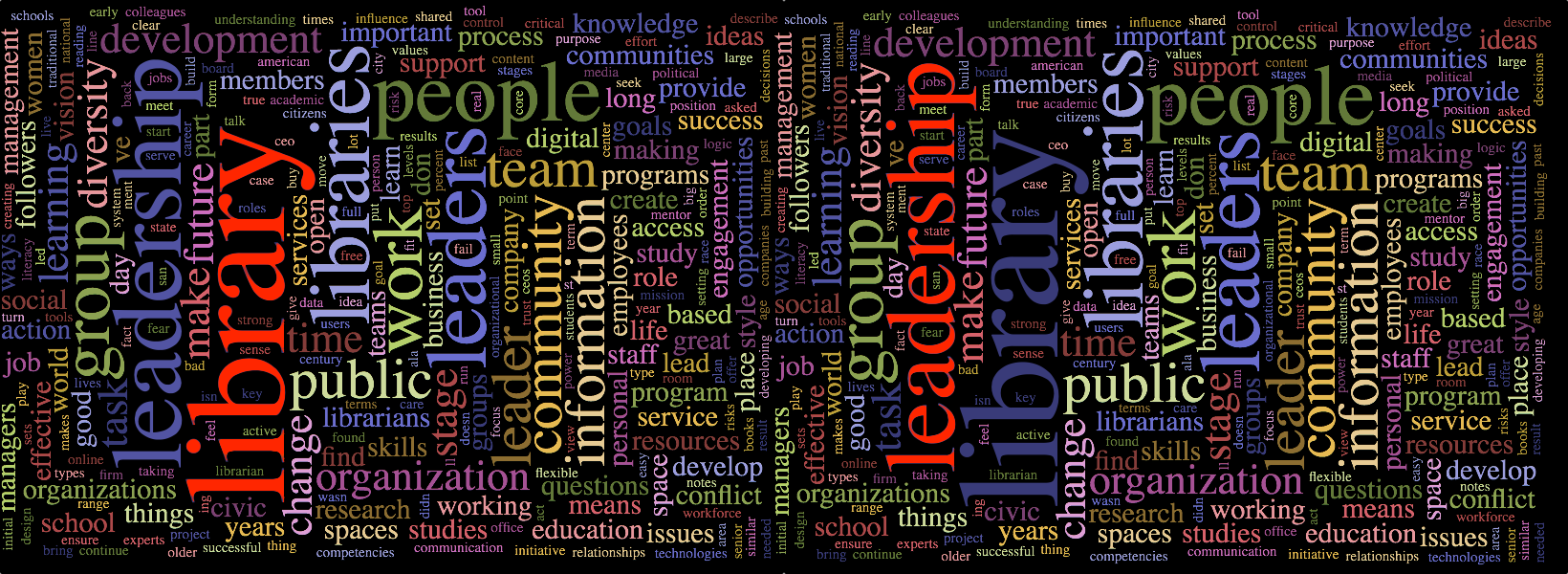My daughter recently shared with me a meme that said this:
Some dream of fame.
Some dream of traveling to space.
I dream of having a secret door in one library that leads to another, hidden library.
– Elliott Blackwell
I immediately had two reactions. One was, “Yes. I get this.” The other was, “Why such a dream?”
The why question, predictably, turned into a bit of a rabbit hole. Why do some of us thrill at the very idea of a library in the first place? And then, why would the idea of a secret door in a library be exciting? And even more, why would a secret library behind that hidden door inside a library be even more exciting?
I imagine psychologists would have fun with this series of questions, but I think the answer is fairly simple: Humans are curious. Around the world, in any culture I’ve ever been exposed to, people want to add to their knowledge and understanding. Not for everyone, but for many people this is fundamentally true.
That curiosity explains the James Webb Telescope.
It also explains Q-Anon.
Knowledge, especially forbidden or hard-to-find knowledge, is thrilling.
Libraries are full of information – knowledge waiting to be explored. Much of what we find in libraries is ordinary knowledge – facts and theories that have already been vetted and tested, if not perfectly proven. Another big chunk of it, especially in public libraries, consists of the imaginings of people who want to explore humanity and the possibilities of the universe (we call this “fiction”).
When we visit a library, whether we read fiction or non-fiction, we expand our awareness and our ability to process what we know. (We do the same thing when we travel and immerse ourselves in other cultures, but that’s another essay.) Over time we learn how to distinguish between amazing facts (eg: images from the James Webb) and absurd beliefs (eg: Q-Anon), and both contribute to intellectual growth.
The idea of a secret library suggests knowledge and growth beyond the ordinary. The appeal of rare or hidden knowledge is manifest as a recurring theme in the Harry Potter books, the recent Netflix series “Wednesday,” and other teen / young adult literature. Young people appreciate this appeal instinctively.
The appeal of hidden knowledge is also the driving force behind scientists searching for gravitational waves, elementary particles, and the inner workings of biochemistry.
